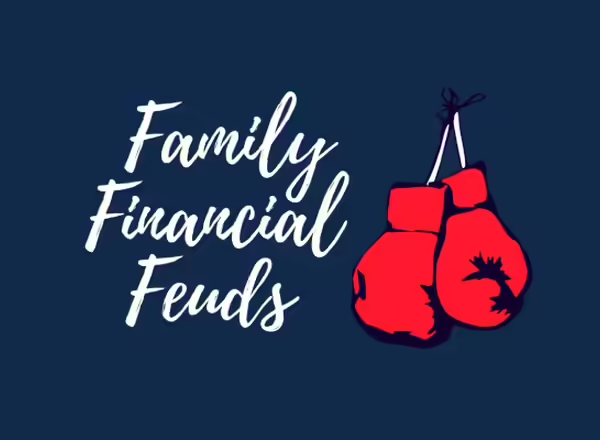
Another month has gone by, and I’m wondering, how does my household spend so much money?
It’s definitely time for a Spending Audit! I’m on the hunt for expenses for things that I don’t want, aren’t important to me, or are too expensive. Join me as I dig deep with this investigative work.
First stop, which small dollar habits are driving our family’s expenses?
I’m sure you’ve heard the cliché about costs adding up with coffee habits, but there is some truth behind that cliché!
If my husband purchases a $4.00 coffee drink (just once a day) for a year, then our household spent $1,460 over the year. And, for our household that’s a cost we’re willing to pay, although he aims for it to not be every day! However, if he wants to take a trip more than he wants to drink coffee … well, it’s something to think about! Take a look at Small Amounts Add Up to see what habits you might want to examine.
Second stop on our investigative journey: subscriptions!
For our household, that translates to adding up all the entertainment services like Netflix, Hulu, Amazon Prime, etc. that we might subscribe to, as well as apps (yoga trainings, language tutorials, games, oh my!) and online services (have I mentioned my expensive hobby, genealogy?).
To investigate, I looked carefully at the past credit card bill statements, automatic deductions from our checking account, and Apple Pay. Where do you pay for subscriptions? Are they monthly or do you need to look back further for annual charges.
The bottom line is, do you find any expenses that you:
- don't want,
- aren't important to you, or
- are too expensive?
If so, make a list so that you can cancel the subscriptions, and start adding up the savings!
Next stop, scrutinizing bills for add-on expenses.
When you sign-up for a service, like cell phone service or cable TV, it’s not unusual for “extras” to be added to your services. Some of these could be helpful but others, maybe not so much! Take a careful look at each line of your bills from utilities, internet, phones, TV, etc. Do you know what each charge is for? If not, call or chat online and ask! Are there any charges that can be deleted?
Last step, yeah! Double-check your financial statements.
Are you paying extra for fees or services you don’t want? Make the changes needed to reduce these fees!
While this investigative work takes time, the savings do add up! Then you can decide where best to put your new-found money.

Welcome Jenna Smith, Nutrition and Wellness Educator with University of Illinois Extension to Family Financial Feuds! In this podcast episode, she and Camaya Wallace Bechard (Consumer Economics Educator) discuss tips and tricks to save money on food and reduce our food waste.

Kathy Sweedler provides personal finance online education with Illinois Extension. Kathy’s emphasis is to encourage people to be confident in their financial decisions, and to help them explore new ways of thinking about and managing money. When Kathy is not engaged in Extension work, she is often traveling and piecing together family genealogy. Genealogy is a puzzle, not that different from managing money!
Sign up for Illinois Extension’s Personal Finance E-Newsletter, sent quarterly, to receive updates about blog posts and events.